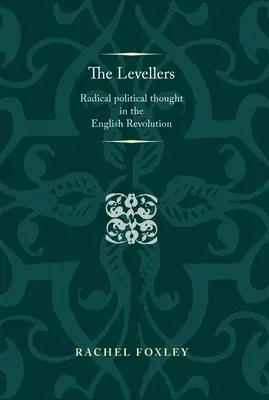Rachel Foxley
(Author)The Levellers: Radical Political Thought in the English RevolutionPaperback, 31 December 2014

Qty
1
Turbo
Ships in 2 - 3 days
In Stock
Free Delivery
Cash on Delivery
15 Days
Free Returns
Secure Checkout

Part of Series
Politics, Culture and Society in Early Modern Britain
Part of Series
Politics, Culture and Society in Early Modern Britain Mup
Part of Series
Politics, Culture & Society in Early Modern Britain
Print Length
304 pages
Language
English
Publisher
Manchester University Press
Date Published
31 Dec 2014
ISBN-10
071909660X
ISBN-13
9780719096600
Description
Product Details
Author:
Book Format:
Paperback
Country of Origin:
GB
Date Published:
31 December 2014
Dimensions:
23.39 x
15.6 x
1.55 cm
ISBN-10:
071909660X
ISBN-13:
9780719096600
Language:
English
Location:
Manchester
Pages:
304
Publisher:
Series:
Weight:
421.84 gm